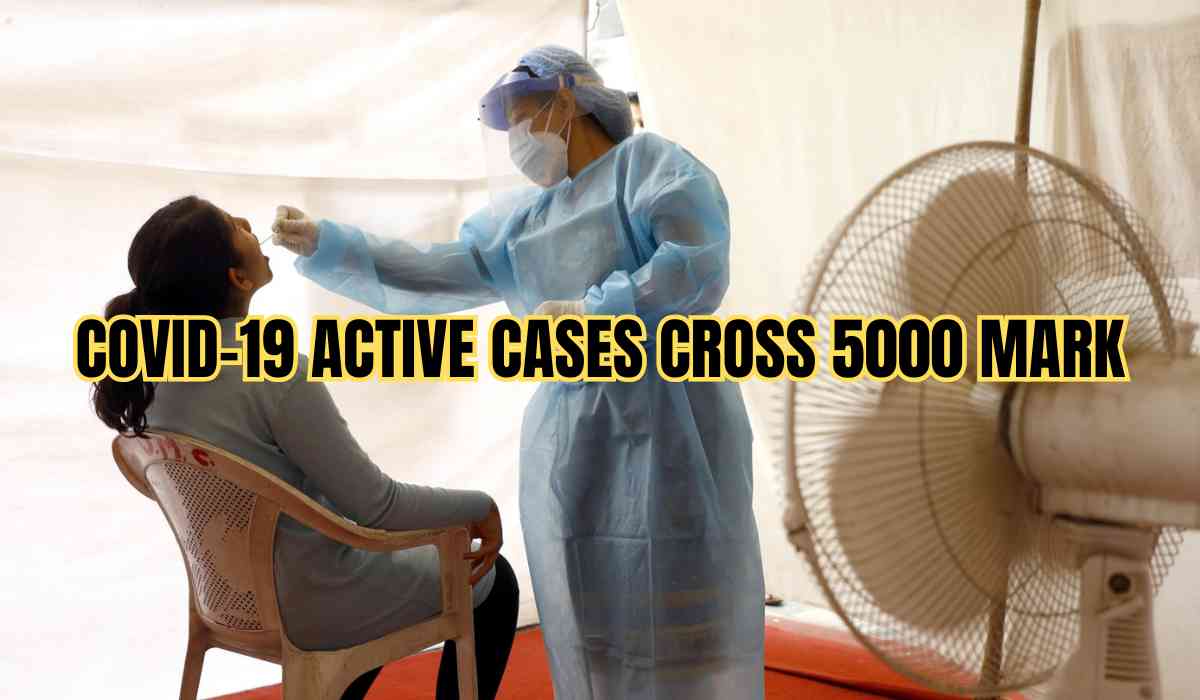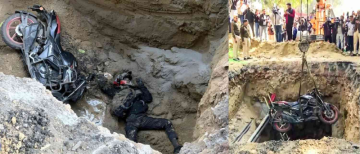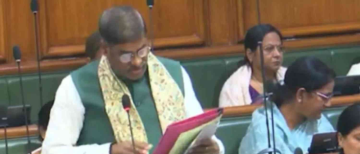India is witnessing a renewed rise in COVID-19 infections, with health authorities attributing the increase to emerging variants of the virus. As of June 7, 2025, the Ministry of Health and Family Welfare has confirmed 5,755 active COVID-19 cases, marking a notable uptick that is prompting both public concern and government action.
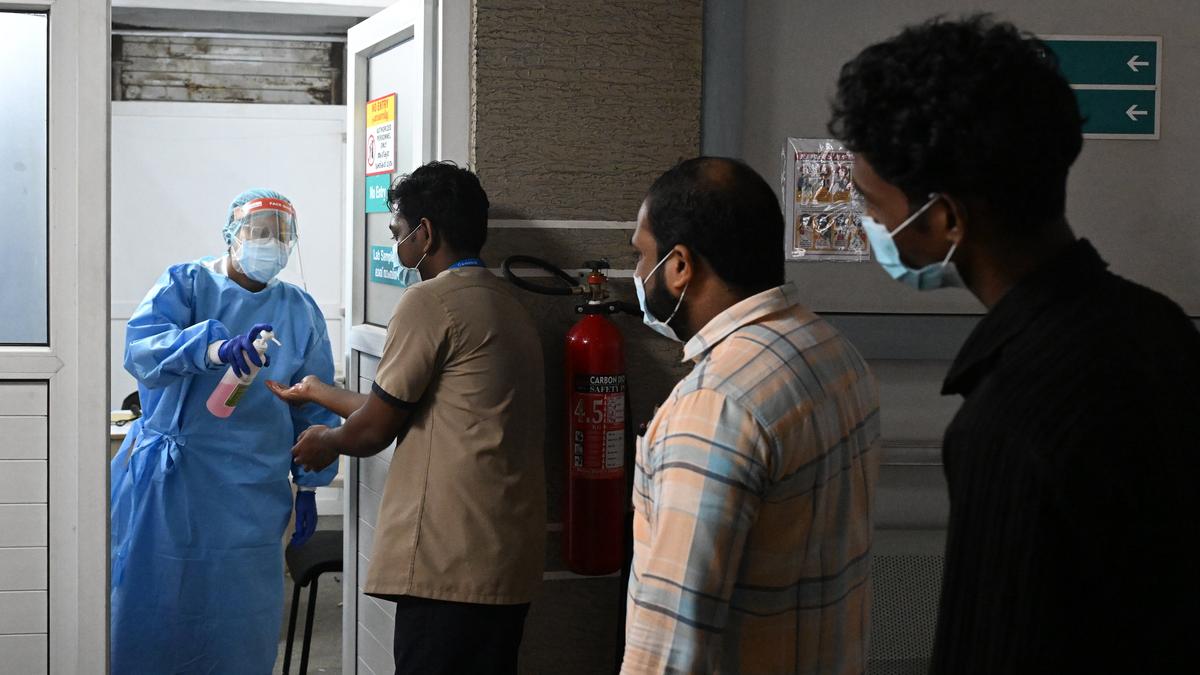
Current COVID-19 Situation in India: Key Highlights
-
Total Active Cases (as of June 7, 2025): 5,755
-
New Infections in the Last 24 Hours: 498
-
Discharges in the Last 24 Hours: 764
-
COVID-19 Deaths Reported in Last 24 Hours: 4
Despite the relatively low hospitalization rates, health officials are urging caution as the virus evolves, and new subvariants make their presence felt across the country.
Rising Cases Across Key States
The current wave appears to be regionally concentrated, with certain states contributing disproportionately to the national tally.
State-Wise Active Case Breakdown:
-
Kerala: 1,806 active cases
-
Gujarat: 717 active cases
-
Delhi: 665 active cases
-
West Bengal: 622 active cases
-
Maharashtra: 577 active cases
-
Karnataka: 444 active cases
-
Uttar Pradesh: 208 active cases
-
Chhattisgarh: 50 cases detected through recent screenings
Kerala leads the surge with 127 new cases, accounting for nearly a third of all recent national infections.
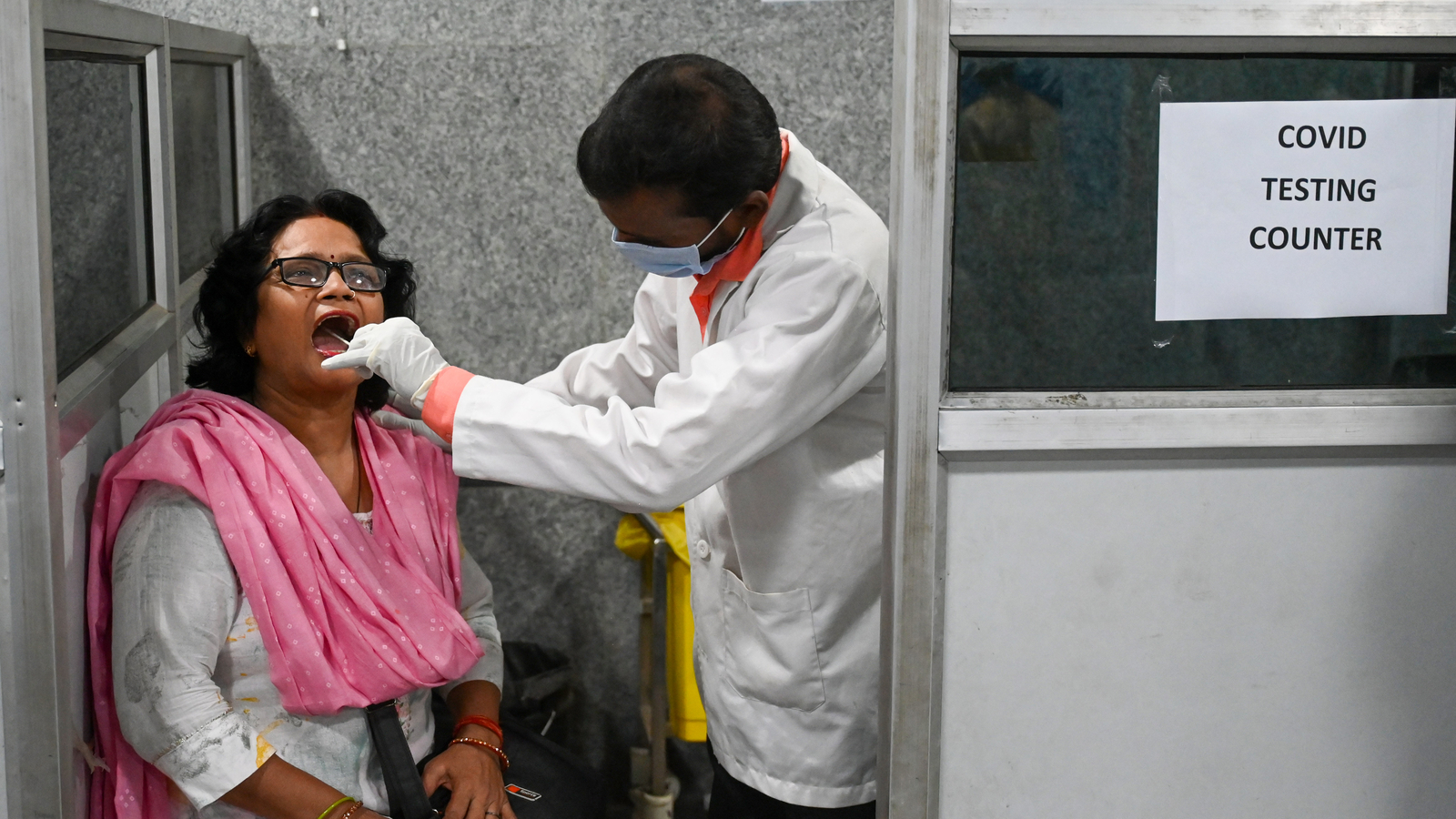
Variants Under Monitoring: LF.7 and NB.1.8.1
India’s current uptick is partially attributed to the emergence of two subvariants: LF.7 and NB.1.8.1, classified as Variants Under Monitoring (VUM) by the World Health Organization in May 2025. While not yet designated as Variants of Concern (VOC) or Variants of Interest (VOI), their increasing presence in India, China, and other Asian countries is being closely watched.
-
NB.1.8.1: First detected in Tamil Nadu in April 2025
-
LF.7: Four cases detected in Gujarat earlier this month
-
Dominant Strain: JN.1, accounting for 53% of all active infections in India
These developments underscore the virus’s continuous mutation and adaptation, making ongoing surveillance essential.
COVID-19 Deaths in the Last 24 Hours: State-wise Details
-
Kerala (2 deaths):
-
A 74-year-old woman with severe aortic stenosis, COPD, hypertension, and diabetes
-
A 79-year-old man with a history of hypertension, liver disease, and urinary tract infection
-
-
Punjab (1 death):
-
A 69-year-old woman with pulmonary thromboembolism and morbid obesity
-
-
Karnataka (1 death):
-
A 65-year-old man with hypertension and uncontrolled diabetes
-
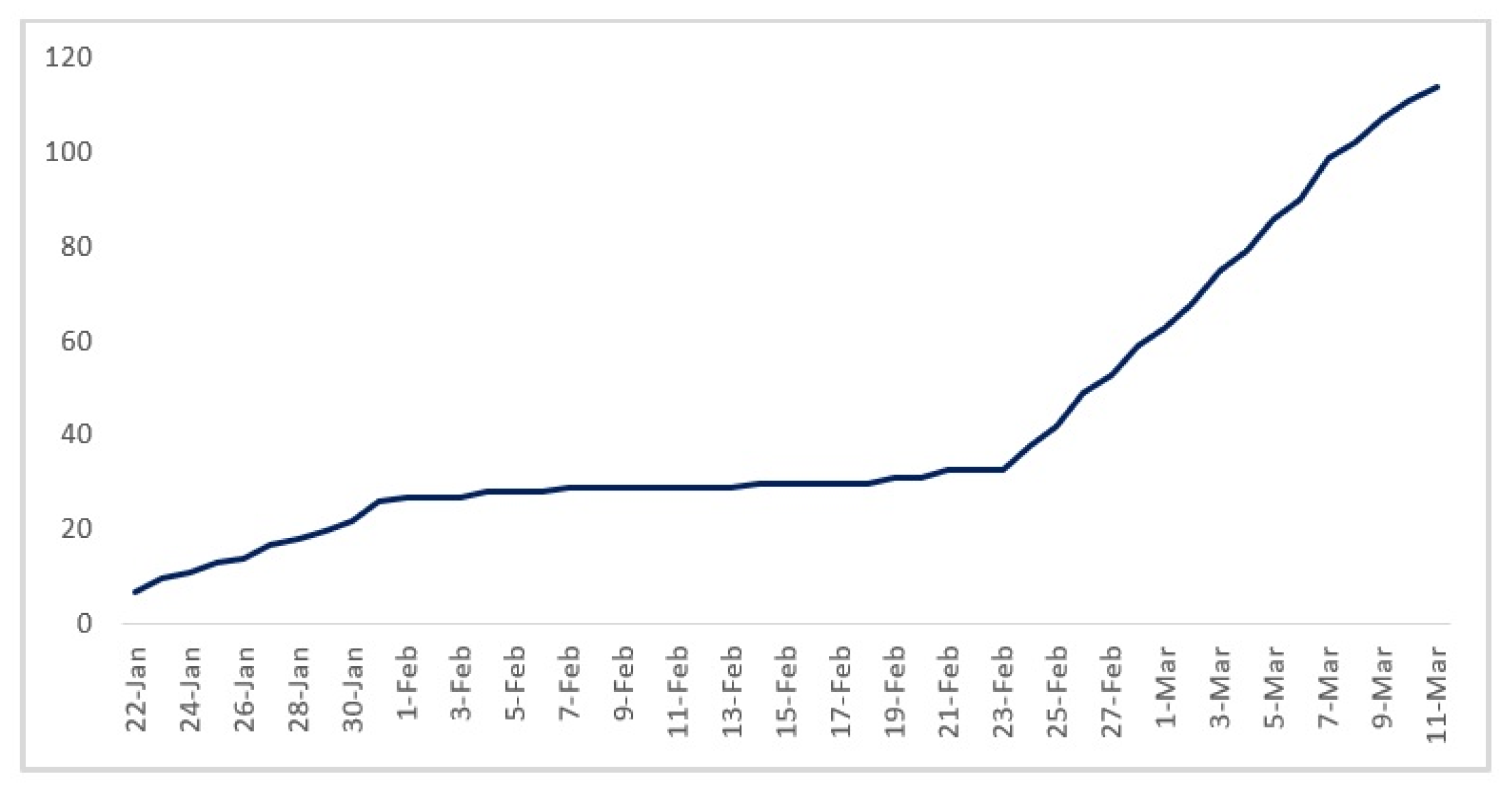
Rising Concerns in Maharashtra: 114 New Cases Reported
Maharashtra, which has consistently been a COVID-19 hotspot, reported 114 new cases recently. This brings the cumulative total since January 2025 to 1,276 cases, with 18 deaths.
District-wise Breakdown in Maharashtra:
-
Pune: 44 cases (42 in city limits, 2 rural)
-
Mumbai: 37 cases
-
Mira Bhayandar and Panvel: 7 each
-
Other areas: Navi Mumbai (4), Pimpri-Chinchwad (6), Kalyan (3), Thane, Satara, Kolhapur, Sangli, Chhatrapati Sambhajinagar, and Parbhani (1 each)
Over 15,510 COVID-19 tests have been conducted across the state in 2025 alone.
COVID-19 Cases Reported in Gwalior: Two Doctors Test Positive
Two junior doctors from Jayarogya Hospital (JAH) in Gwalior have tested positive for COVID-19. Both are postgraduate students at Gajra Raja Medical College and have been placed under home isolation after developing cold and cough symptoms. This brings the active caseload in Gwalior to three.
Chhattisgarh’s Screening Drive: 50 Positive Cases Detected
Following an increase in infections nationwide, Chhattisgarh screened 1,183 individuals, detecting 50 COVID-19 positive cases. Most presented with influenza-like symptoms, such as:
-
Mild fever
-
Cold
-
Cough
-
Sore throat
Precautionary Measures Advised by Health Authorities
With new variants in circulation and symptoms evolving, the Ministry of Health has issued precautionary guidelines to curb further transmission:
What to Do If You Experience COVID Symptoms:
-
Recognize early symptoms: Fatigue, sore throat, stomach issues, cold, or mild fever
-
Get tested immediately, especially after travel or social exposure
-
Isolate yourself at home to prevent transmission
-
Stay hydrated and well-rested to support immune response
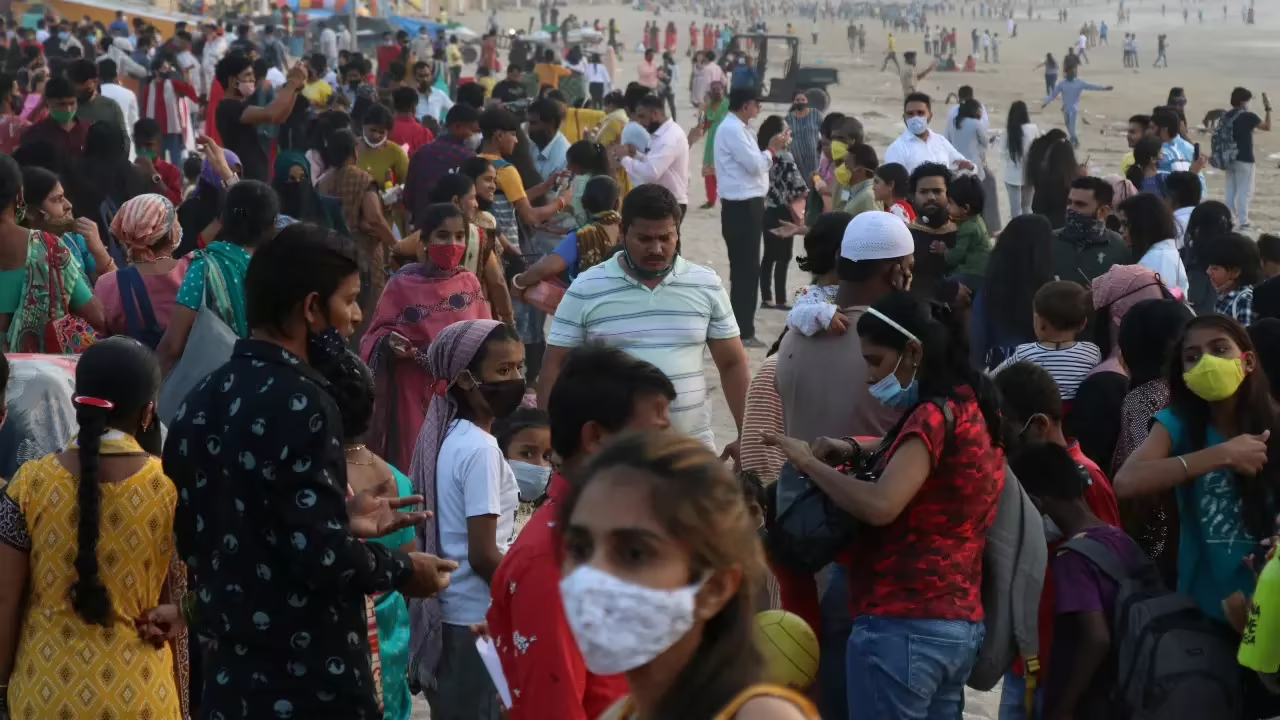
Government Preparedness and Public Health Measures
India's healthcare infrastructure is on alert to manage potential surges:
-
Mock drills were conducted in hospitals across the country on June 5 to test emergency preparedness.
-
The Union Health Ministry has instructed states to ensure:
-
Availability of oxygen cylinders
-
Functional ventilators
-
Adequate isolation beds
-
Stockpiles of essential medicines
-
-
Technical review meetings were held on June 2 and 3, chaired by Dr. Sunita Sharma, Director General of Health Services (DGHS), with participation from disaster management agencies and state representatives.
Enhanced Surveillance for ILI and SARI Cases
In addition to general COVID surveillance, authorities are monitoring:
-
Influenza Like Illness (ILI)
-
Severe Acute Respiratory Illness (SARI)
According to ICMR guidelines:
-
All admitted SARI cases are tested for COVID-19
-
5% of ILI cases are randomly tested
-
Positive SARI samples are sent for Whole Genome Sequencing through the ICMR VRDL network
COVID-19 Now Considered Endemic
The World Health Organization officially ended the public health emergency status of COVID-19 in May 2023. Experts now classify COVID-19 as:
-
Seasonal
-
Endemic
-
Persistent, but regionally variable
While the virus appears to be milder in most cases, periodic surges are expected due to its ongoing evolution.
No Cause for Alarm, But Caution Is Crucial
India’s health experts emphasize that while current COVID-19 cases remain largely manageable and mild, vigilance and timely intervention are critical. Continued testing, surveillance, and personal precautions remain the frontline defense against the spread of the virus.
As the situation evolves, staying informed and following health guidelines will be key to preventing a return to crisis conditions.
Stay updated. Stay safe. If symptoms arise—test, isolate, and report.
With inputs from agencies
Image Source: Multiple agencies
© Copyright 2025. All Rights Reserved Powered by Vygr Media.

